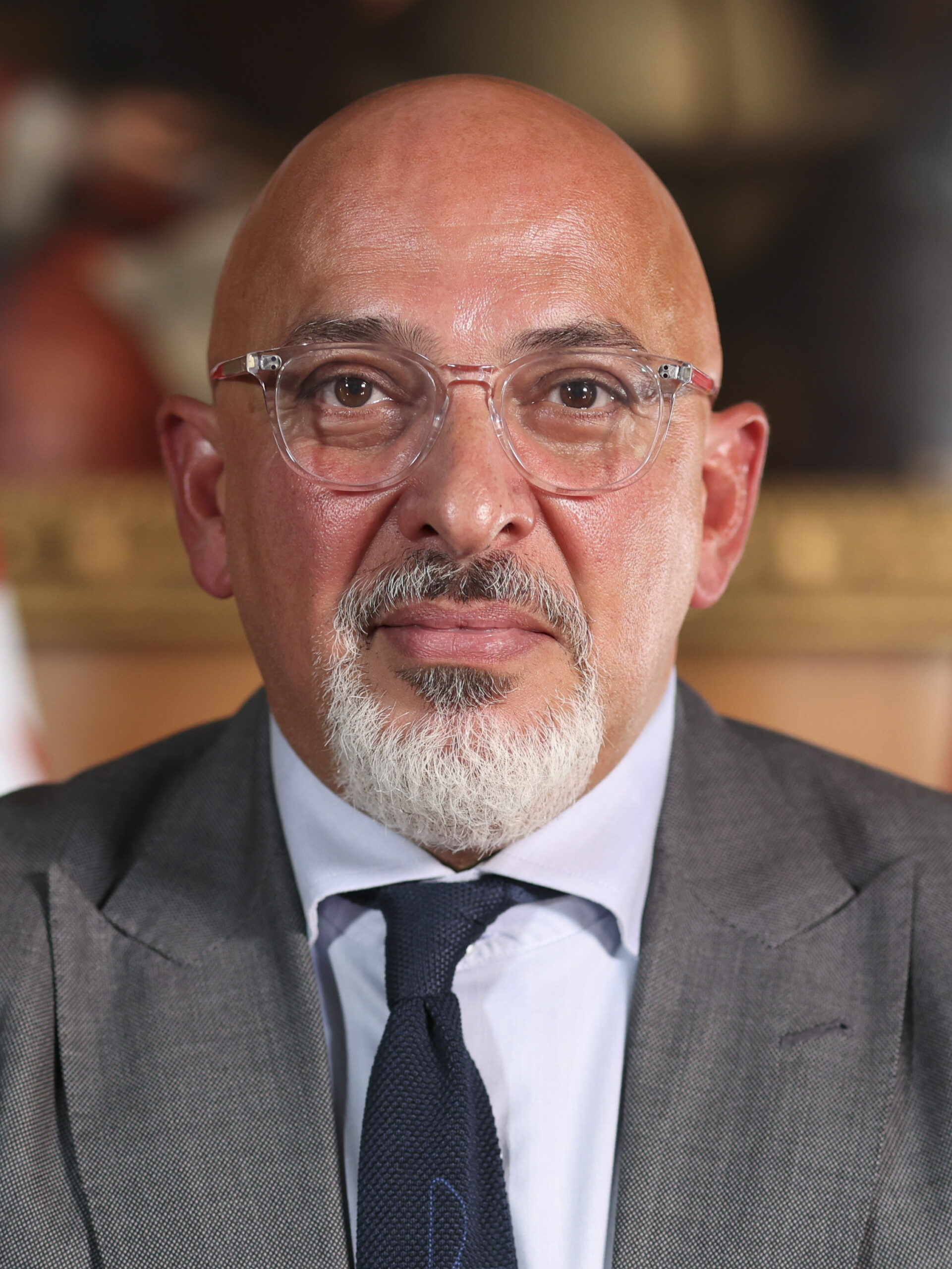With the resignation of Nadim Zahawi, the Prime Minister will have hoped to have drawn a line under this incredibly damaging affair.
The tax scandal, that started last year and exploded in earnest across the front pages in January – dragging on for a whole fortnight, before Mr Zahawi was eventually sacked – has cost Mr Sunak a significant amount of political capital and raised issues about his decision making.
However, one part of this debacle lingers on, now almost a week since Mr Zahawi’s removal – who will be the next Chairman of the Conservative Party?
Once a coveted position, that was held by a succession of the most able and competent Tories of their time, including: Neville Chamberlain, Viscount Hailsham, Rab Butler, Willy Whitelaw, Norman Tebbit, Chris Pattern, David Davis, Theresa May and Eric Pickles, now though, it is a position that seemingly no one wants.
Indeed, earlier this week former party leader, William Hague, ruled himself out, while allies of both the incredibly popular Penny Mordaunt and the ebullient former PM Boris Johnson have played down speculation that either of them will take on the role.
Former Party Chairman, Brandon Lewis MP (2018-2019) has ruled himself out of a return to the role, reportedly telling friends, he has done the job already. As, has former Home Secretary, Priti Patel, who enjoys considerable support among grassroot member, who is reportedly, “not interested in the job”.
So, what is it about the this once powerful position that has changed? Why is it that being Conservative Party Chairman is seen as the poisoned chalice, a job with no perks and many many downsides.
Parliamentnews.co.uk spoke to a number of MPs and party activists to ask them why no one wants to take on the role.
One MP, lamented the role of Chairman changed under David Cameron, becoming a more remote and less accessible. They highlighted the 2013 comments, allegedly made by Lord Feldman, that Conservative parliamentary rebellions on both a referendum on European Union membership and gay marriage were due to Conservative Associations being “all mad, swivel-eyed loons”. Even though he denied these claims, many members regarded this as a sign that the leadership of the party had “broken faith” with their members.
Another MP, said that role of the Party Chairman role, was to “co-ordinate election efforts and defend the indefensible”, adding that with the Party “heading for defeat”, and “lurching from crisis to crisis” the job was “less of an honour and more of a sentence”.
One activist and former parliamentary candidate told parliamentnews.co.uk that the Chairman used to be a figure of authority within the Party, who was seen as running the organisation, but not now is “no more than a vassal to the Party leader”. They added, “just look at some of the most recent holders of the role, Francis Maude, Grant Shapps, Oliver Dowden and Amanda Milling. Are these really the best people the Party can produce? Berry and Cleverly had real potential, but held the post for less than a year between them. Conservative Party Chairman is possibly the worst job in politics”.
We approached the Conservative Party for a comment, but received none, so we ask the Conservative Democratic Organisation (CDO), why they thought top conservative figures were shying away from the role.
CDO’s Chairman, former MEP David Campbell Bannerman, comment: “The current role of Party Chairman is to represent the Government to the members not the members to the Government. Currently that means taking responsibility for the dire state of polling and becoming the epicentre of members’ frustrations on policy swinging Left and on performance. I know constituencies where half of councillors won’t be voting Conservative next time, where the Chairman is about to resign and the Deputy Chairman Political, who is running campaigns, is openly in despair. This is worse than 1997 – which I remember with pain.
“CDO believes we need major party reform with an elected Party Chairman to represent members’ views effectively, that constituencies should choose their own candidates and not have a Hobson’s choice of just 3 imposed on them, proper respect for policy proposals including the Spring Conference becomes a policy conference for Ministers to st least listen to members’ views (if not being bound by them). The reasons for being a member are fast disappearing and CCHQ is going to try to cut local associations in half – down to just 300. The party is dying without reform.”
ENDS


